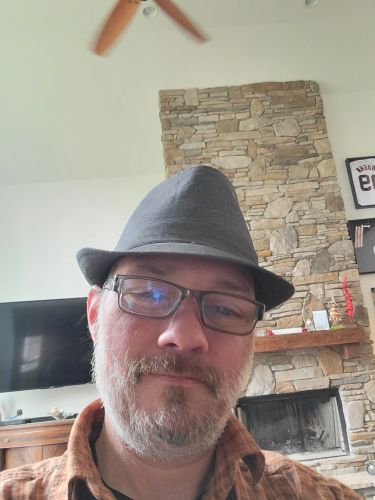A version of this feature ran in the February issue of BRAIN.
BOULDER, Colo. (BRAIN) — For our February magazine edition, we asked our State of Retail panel members: What are you doing to ensure the success of your business over the next five-plus years?
CARSON CITY, Nev: Win Allen, owner Win’s Wheels
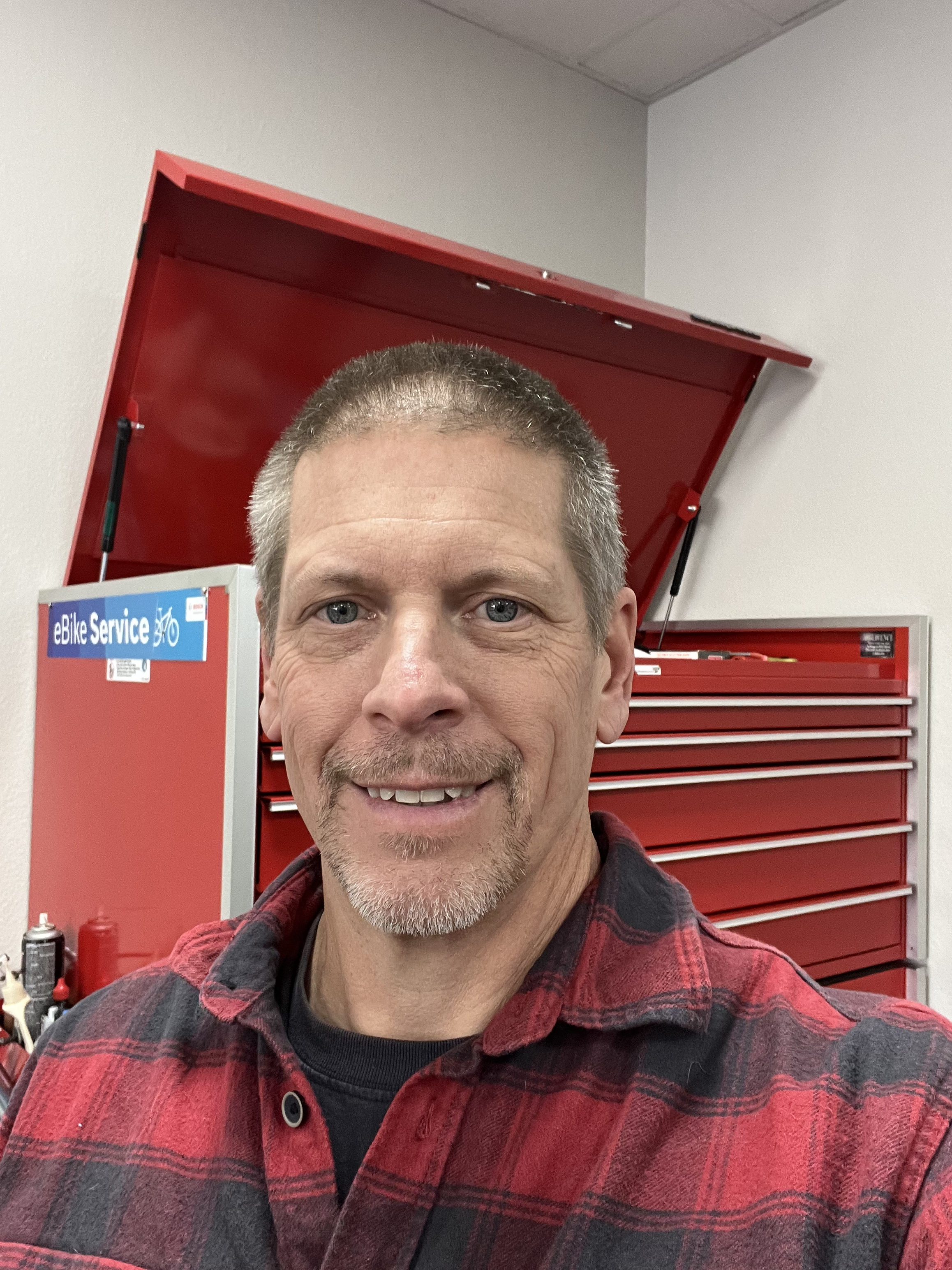
Over the next five-plus years, I plan to add a part-time service employee during seasonally busy times and as needed, to stock fewer items, and to take advantage of just-in-time ordering from vendors. We will be streamlining the vendor pool that we've been working with and parting ways with fringe vendors. Our focus will be building stronger relationships with vendors and taking advantage of the benefits of that.
In 2023, I relocated the shop from Southern California to northwest Nevada. With that move, I severely downsized the shop from 3,000 square feet to 1,500 square feet. That has helped me to be better at maximizing the space and reducing my overhead and in turn becoming more profitable. I've also gone to a Monday through Friday 9-to-5 schedule so that I can have time with my family, help with our local NICA team and races, be involved with local trail associations, and help out the local bicycle kitchen, a nonprofit bicycle repair educational organization.
CHARLOTTE, N.C.: Matthew Crawford, manager The Spoke Easy
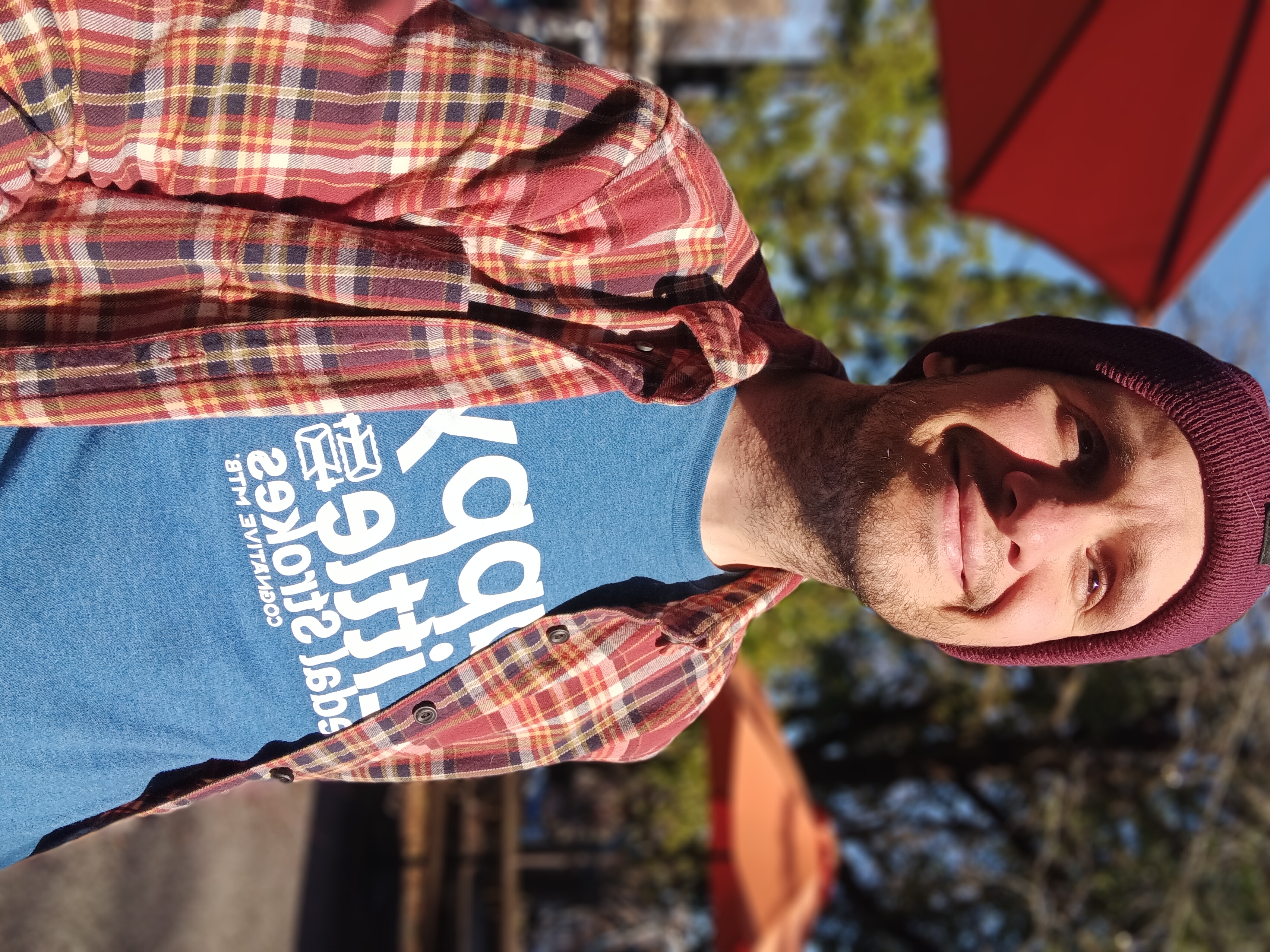
Over the next five years, we are committed to strengthening our community ties and enhancing our reputation as a full-service bicycle shop. We understand that our success goes beyond selling bicycles; it hinges on building a passionate and engaged cycling community. To achieve this, we're increasing our involvement in local advocacy and community events. We're planning more group rides, sponsoring local races, and actively participating in events that promote cycling and a healthy lifestyle. Additionally, we’re investing in our staff's personal and professional development with continuous training and certifications, ensuring it stays updated with the latest cycling trends and customer service skills.
While partnerships with large corporations might seem lucrative, we recognize that they can dilute our unique identity. We aim to increase access to specialty products and to bolster our inventory with brands that align with our vision. We will be more selective in our partnerships and sponsorships and focus on collaborations with smaller businesses and local organizations that directly benefit cyclists. By continuing to be more intentional about who we associate with, we can strengthen our commitment to Charlotte cyclists and our shared goals.
CHAGRIN FALLS, Ohio: Jacob English, owner Mountain Road Cycles
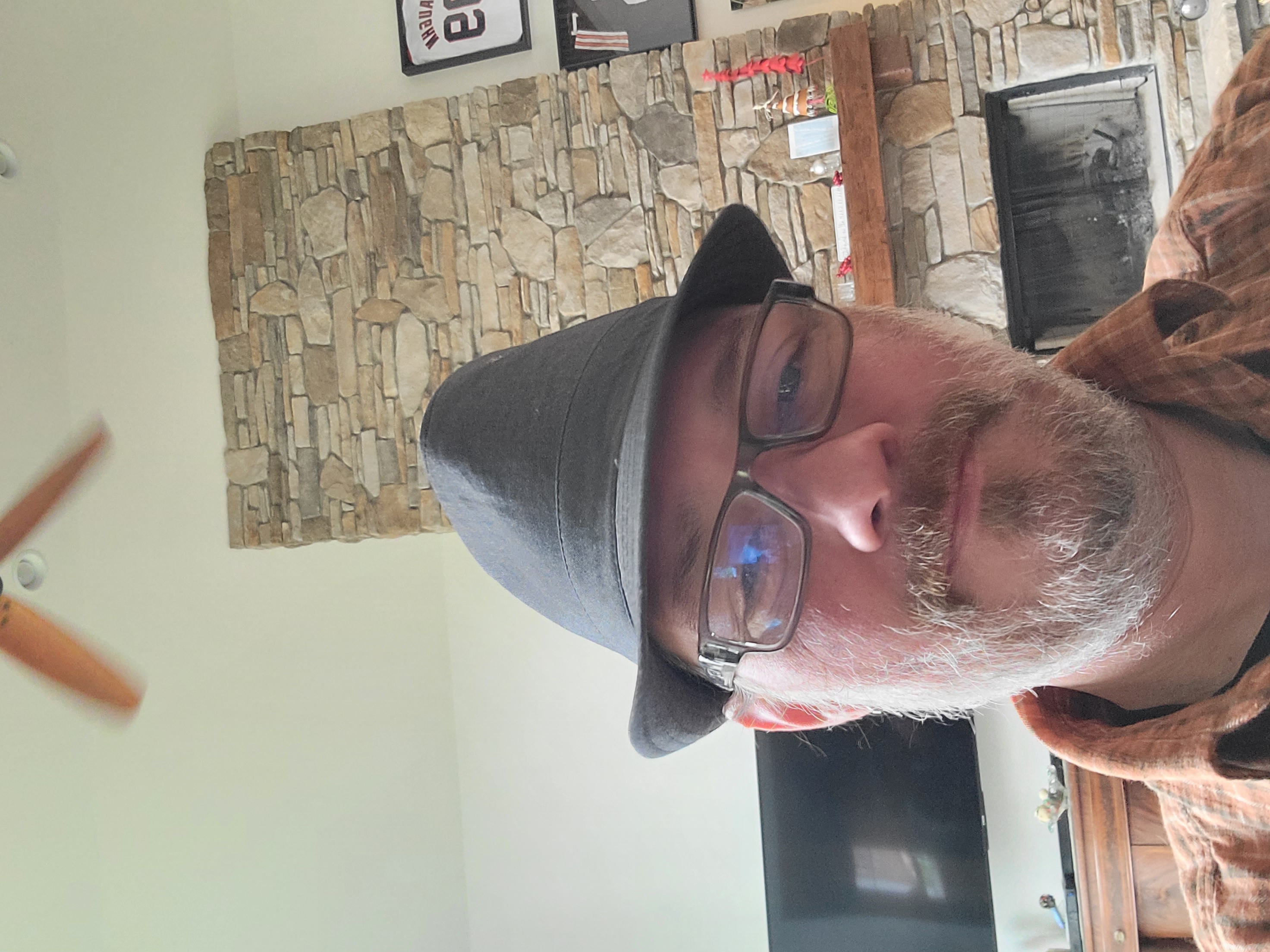
We are cautiously optimistic for the coming year, and with great community outreach and a job well done, we should be great. One of the strategies we are using to ensure success over the next five-plus years is to focus on the philosophy that time is money. Our supplier relationships and upholding margins is key. We have reduced the hours that we’re open and seen no ill effects. It's easier on payroll and our staff is not as worn out. Another strategy is keeping good partners. What we have seen this year with direct-to-consumer sales is not going away, so we have to adapt, and I think Giant's program upholds the value of the retailer and brand. Finally, the days of extra containers of bikes in your side lot are gone. Remember: "inventory is evil!”
CHICAGO: Gillian Forsyth, owner BFF Bikes
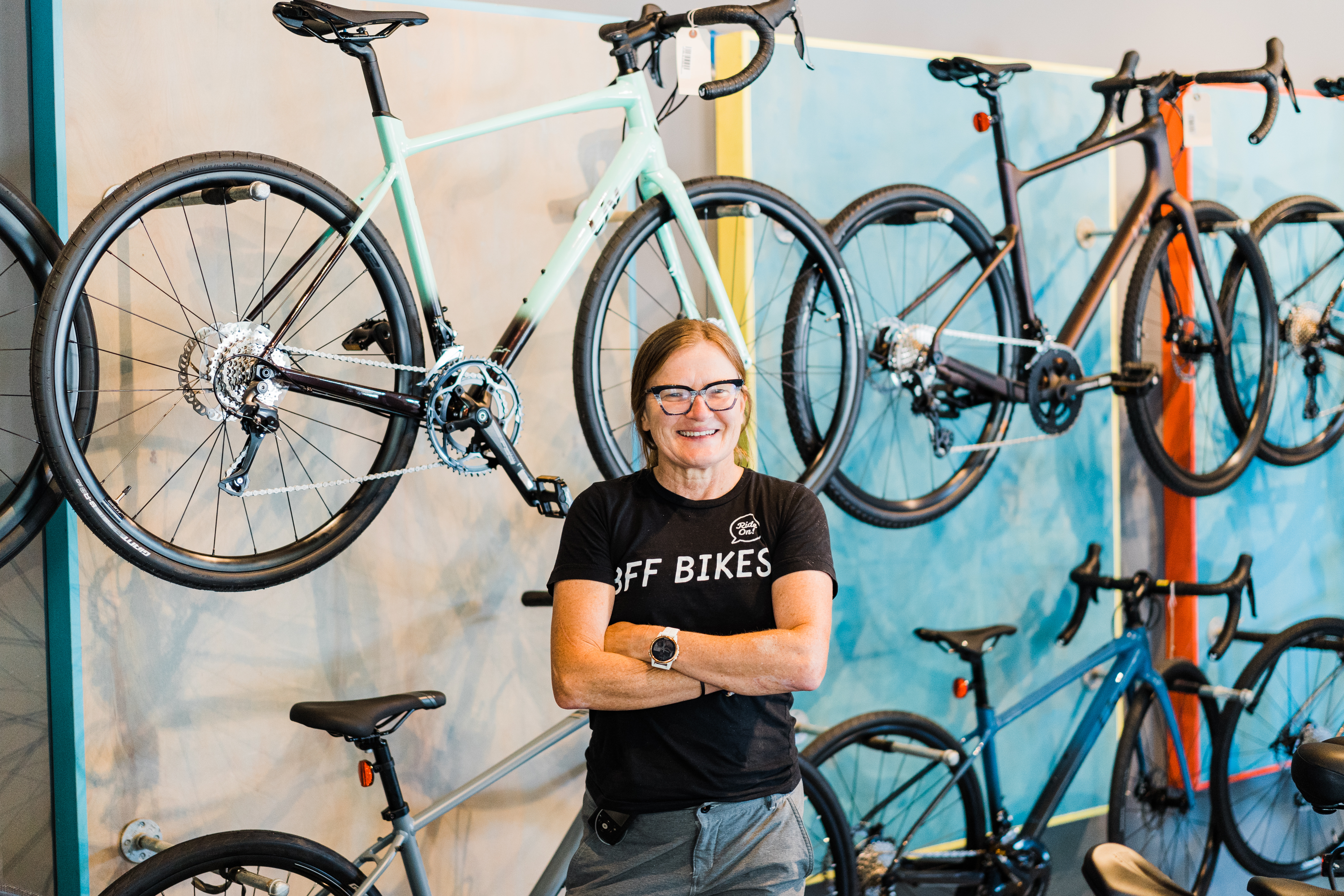
Having only owned the business for three years, one of my goals is to build up enough capital so that I can survive through a downturn in the market. I am also going to invest some money into e-bike service classes for my staff. Lastly, I just want to make sure I stay true to our mission of getting more people on bikes. I need to stop overbuying and buying things because I want to sell them versus stocking what will sell. Inventory turnover is an important key performance indicator to track. I think retailers are struggling with the inventory glut of our suppliers and dealing with their discounting while our margins get crushed. Direct-to-consumer makes it tough, so we just need to concentrate on servicing the bikes that are sold directly to the consumer. Our service department needs to be kept up-to-date and our mechanics need to be top notch. Top-notch mechanics, as you can guess, come at a price, so it is a fine balance of payroll and customer base.
NEWINGTON, N.H.: Steve Gerhartz, owner Seacoast E-Bikes
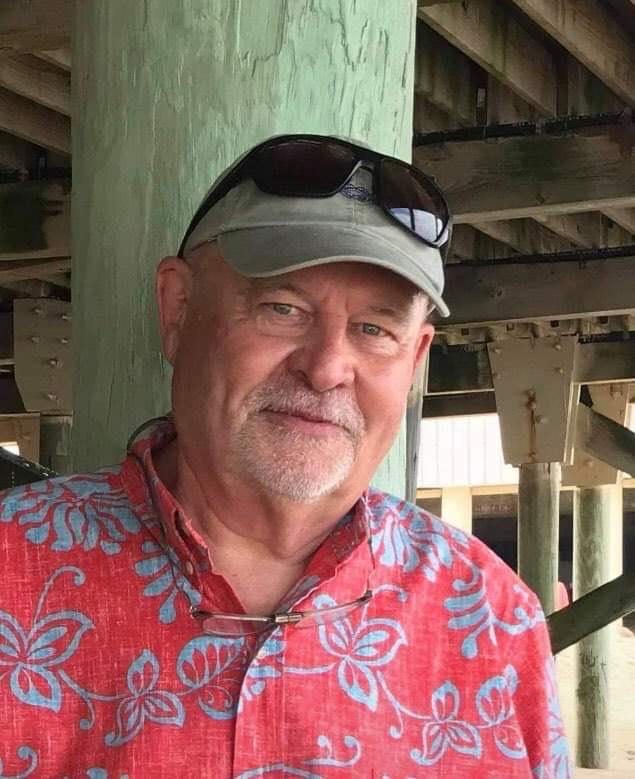
As an e-bike-only retailer that opened in the summer of 2020, we have a few initiatives planned. We are planning to add a second location and are currently looking for an additional site. We will increase service staffing and stock the most requested replacement parts, including motors, batteries, controllers, etc., for major electric bicycle brands. We will also increase store hours and open a commercial division for selling cargo- and police-specific e-bikes. One thing that we have stopped doing is offering a free tuneup for the first year of ownership. Instead, we offer free "adjustments," exclusive of parts.
WINTHROP, Wash.: Julie Muyllaert, co-owner Methow Cycle & Sport
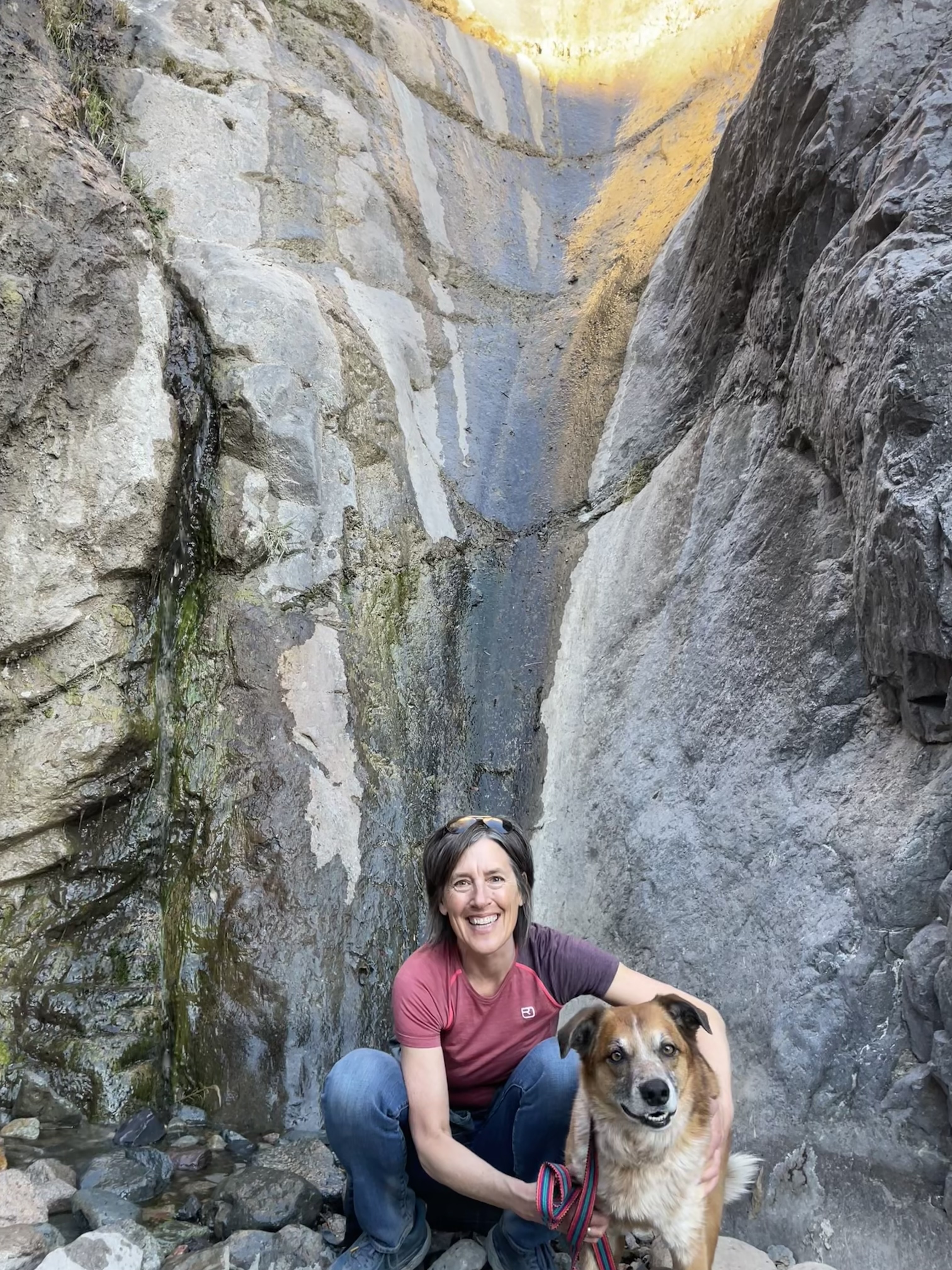
Every winter we reflect on the past year(s) and plan for the upcoming year(s). This includes considering industry trends, budgeting, staffing, purchasing and marketing. For the first time in several years, we are fully staffed. This will allow us more time away from the sales floor, and more bandwidth to respond to changing market conditions in-season. We plan to keep our eyes on the highly promotional nature of the industry and manage a tight and nimble inventory. We’re looking at several processes with an eye toward increasing efficiency and enhancing our customers’ experience. We also have a goal of increasing the profitability of our service department. There are a lot of great resources out there about running an efficient and profitable business — from vendors, industry associations, podcasts, and publications — and we try to take advantage of as many of them as possible. As things continue to settle in the industry post-pandemic, we’re looking forward to connecting with and learning from more of our peers.
AUSTIN, Texas: Audrey and Mark Sze-To, owners Electric Avenue
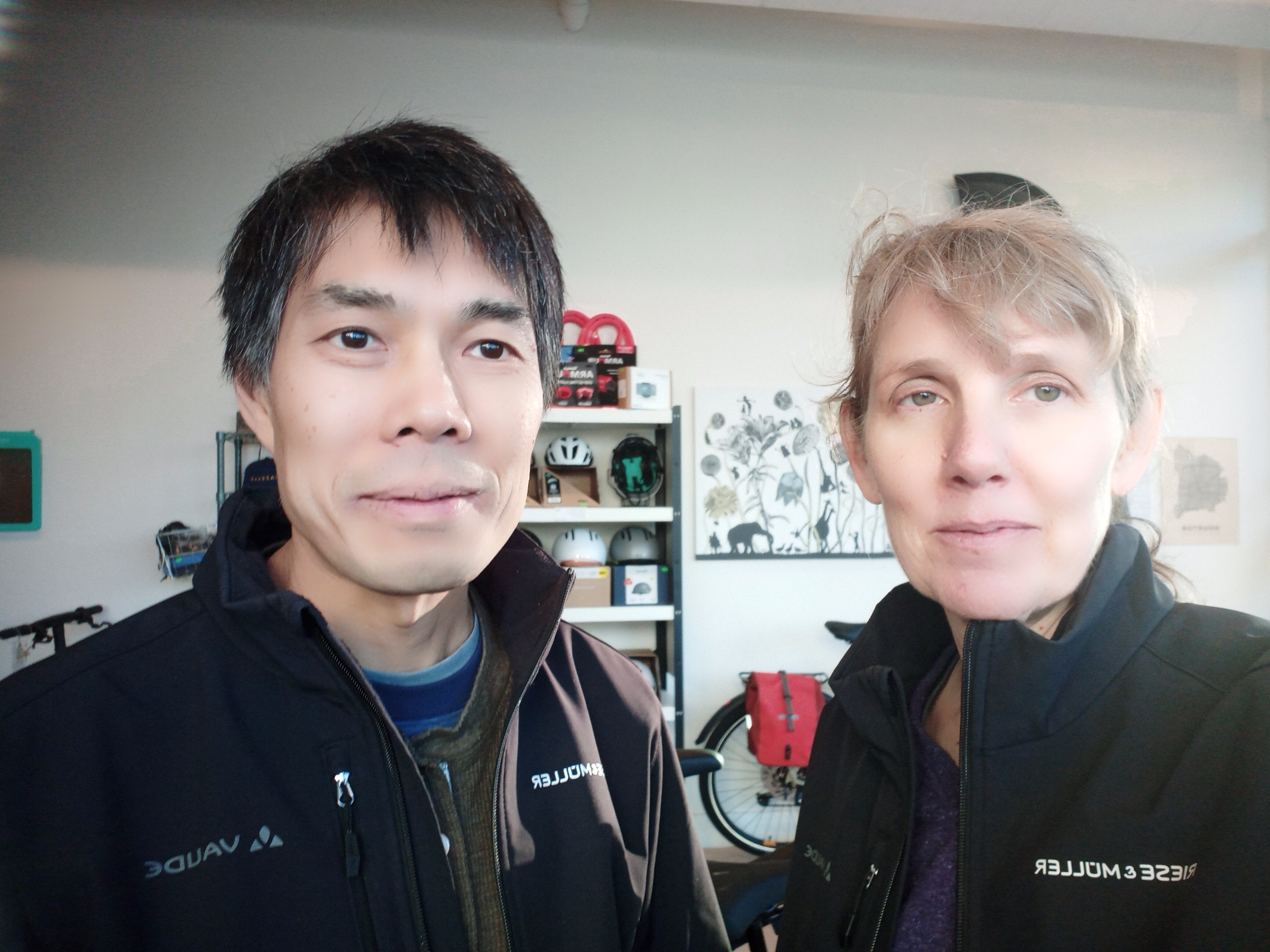
We would like to add staff, and possibly strategic partners, to help grow our business over the next few years. We greatly appreciate our vendor partners and want to enhance bilateral communications with them. We also continually revisit the relevance of our products and like to curate according to anticipated market developments. We plan to stop undercharging for service, so the market better values the skill and dedication involved in the bicycle industry.
LITTLE FALLS, Minn.: David Sperstad, owner Touright Bicycle Shop
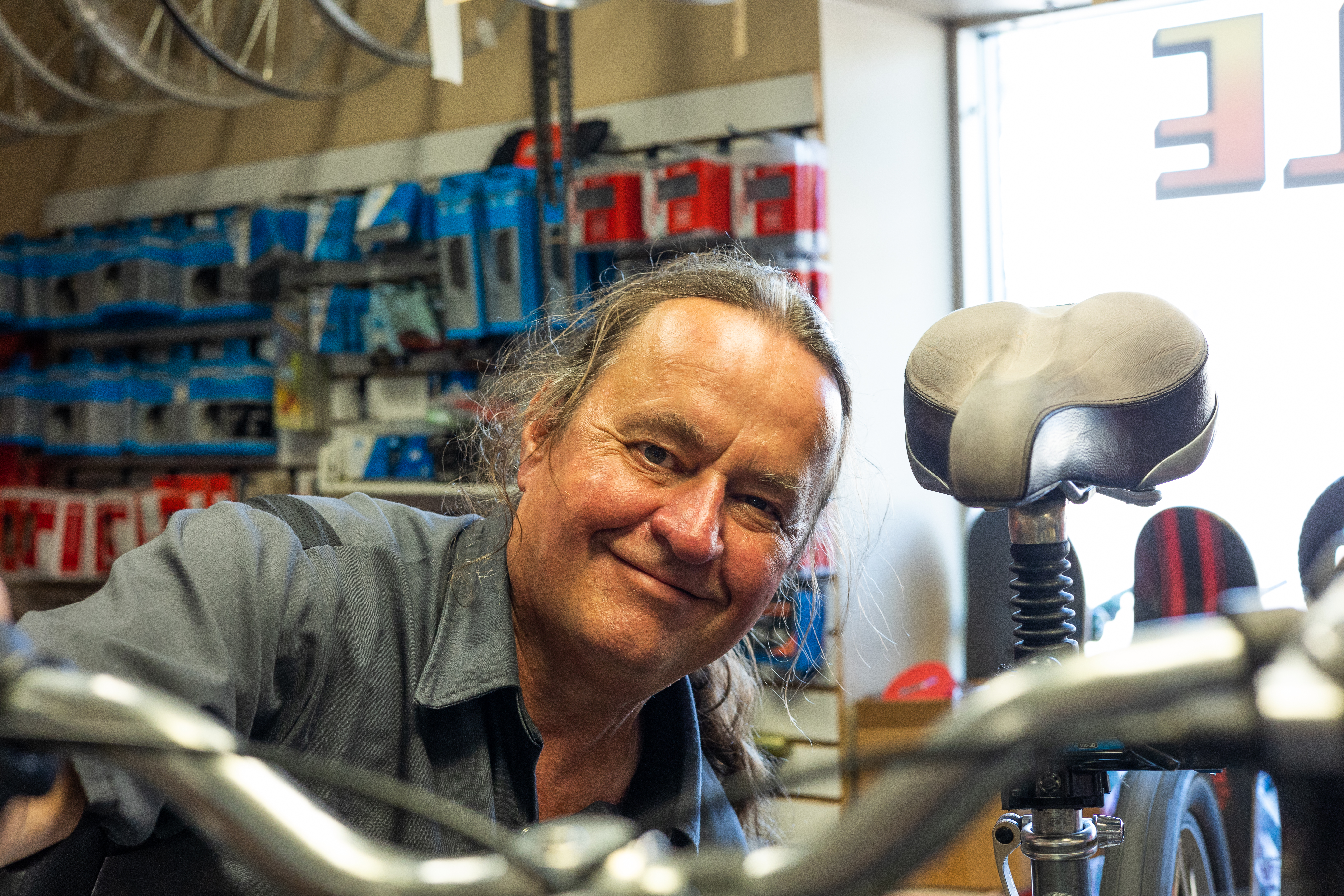
We are planning quite a few things for the future: we will improve customer service and turnaround time on repairs, create an advertising campaign around the “experience of riding a bicycle,” continue to have an individual who works with or “for” us but is paid through a local workforce program, and pursue having an added workforce program employee or two. Also, we will have a larger selection of used bicycles for sale and be more diligent on stocking products that customers will buy, not simply things that I think are “cool.” I need to stop overbuying and resist the urge to stock everything someone would want when they walk in the door. I plan to look at metrics and sales history and make the best decision as to what to and how much of an item to order, and do better at using the “free” or inexpensive opportunities that the NBDA has to offer. Finally, in the next five-plus years, I will pursue opportunities to sell the business as I continue to look at the potential of a larger space and be open to purchasing the current space, not simply to have more room, but to increase the bottom line.
ALAMEDA, Calif.: Larry Tetone, event coordinator Alameda Bicycle
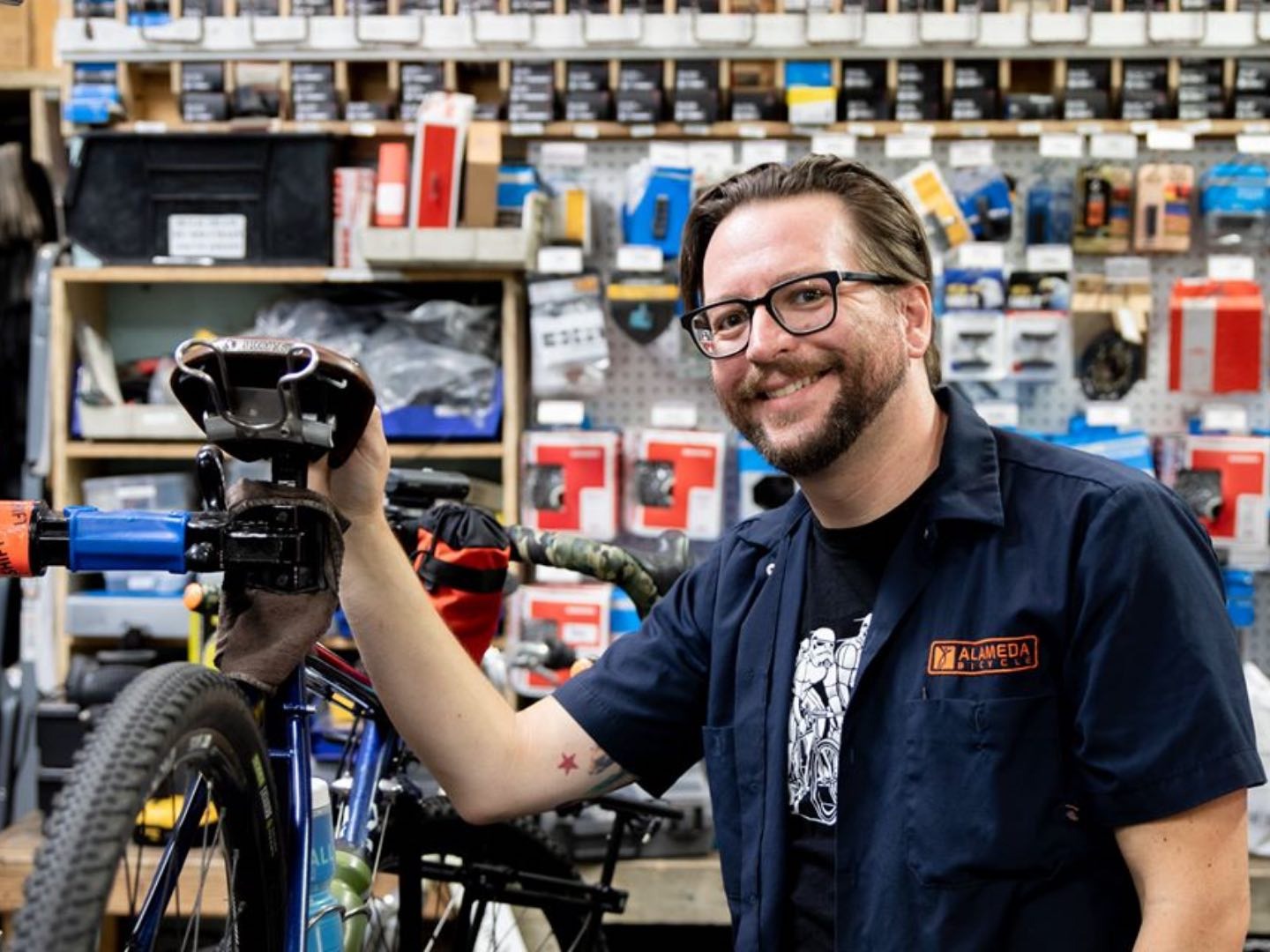
Success is a two-part equation: choosing to partner with brands in the industry whose ideology and goals are aligned with the success of the local bike shop, and being focused on events and community engagement. We cannot achieve any meaningful level of success without brands that are committed to seeing all of us succeed, as opposed to only growing their own profits, and it’s more important than ever for a bike shop to be a resource for the community, because consumers have many options of places to spend their money. We are required to get off our butts, get outside, and engage with folks in a meaningful way, so that when someone has a bike-related need or question, they want to come to their LBS before checking out an online retailer. Something our shop is looking at this year is selling service plans on bikes. It’s an idea we’ve been resistant to for some time because we’ve given away free service with new bikes for so long. But I think it’s important to be receptive to changes in business practices.

